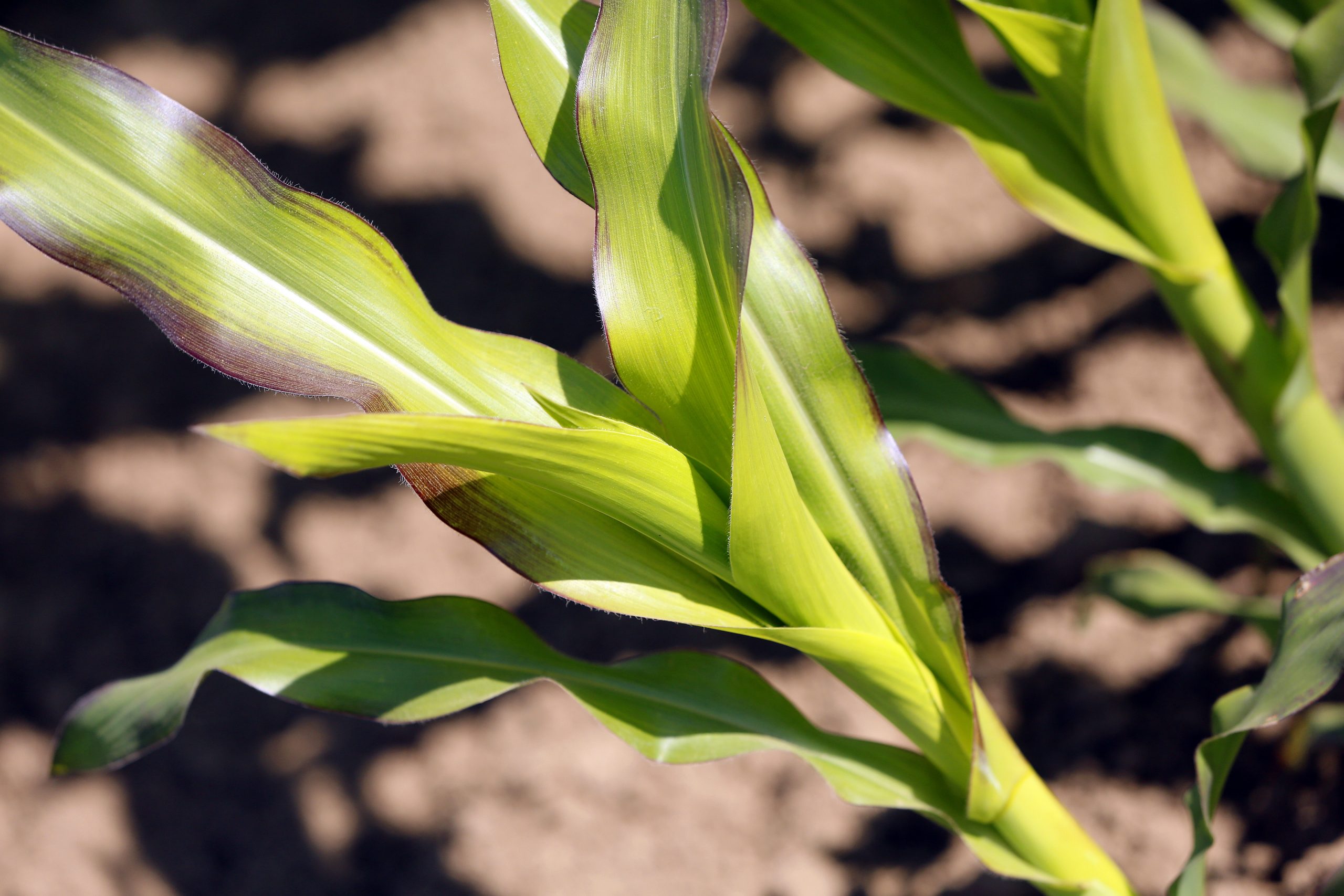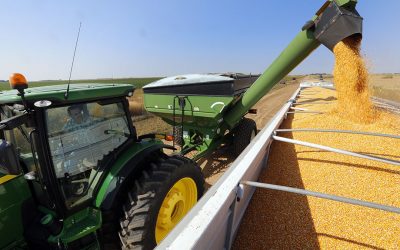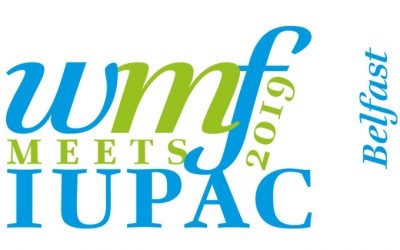FAO receives grant to target maize Fall Armyworm

FAO was granted € 2 million from the Belgium Government to broaden its fight against Fall Armyworm in Africa and restore agricultural productive activity in Gaza.
The recent arrival of Fall Armyworm (FAW) in sub-Saharan Africa has put maize harvests, especially those of smallholders, at grave risk. FAO is developing and coordinating the implementation of 2 new tools:
- The Fall Armyworm Monitoring and Early Warning System (FAMEWS)
- The Fall Armyworm Risk-Map.
FAO has recently deployed a mobile application for use by farmers, communities and agriculture extension agents when they check fields and pheromone traps for FAW. The collected data help monitor FAW population levels and movements. In addition to FAMEWS, FAO is developing a risk-mapping tool. By highlighting potential ‘hotspots’, the tool is intended to assist decision-makers in prioritising and preparing for early action in targeted areas.
Renewable energy in Gaza
In Gaza, a project will set up solar energy facilities that will address critical shortages of electricity. Currently, farmers in the Gaza Strip only receive electricity for about 4 hours a day, a situation that is likely to deteriorate further, limiting agricultural production and subsequently food security and livelihoods of an already vulnerable population. Solar energy facilities will be set up in the Gaza Strip to enable better crop production through efficient irrigation while dairy and poultry farmers will be supported with solar energy units that will help maintain normal levels of egg, meat and milk production, building resilience among local farmers. Beneficiaries are also set to receive technical capacity building and trainings on irrigation management and solar panel management, ensuring sustainability and continuity of project gains. The initiative contributes to the Palestinian Solar Initiative, which aims to meet 30% of energy demands from renewable sources by 2020 as well as to the sustainable development goal of ensuring access to clean, affordable and reliable energy for all.
Also read: FAO launches guide to tackle maize worm
UNICEF and the World Food Programme also received funding in the first round of the new initiative from Belgium, to promote international development.
[Source: FAO]











